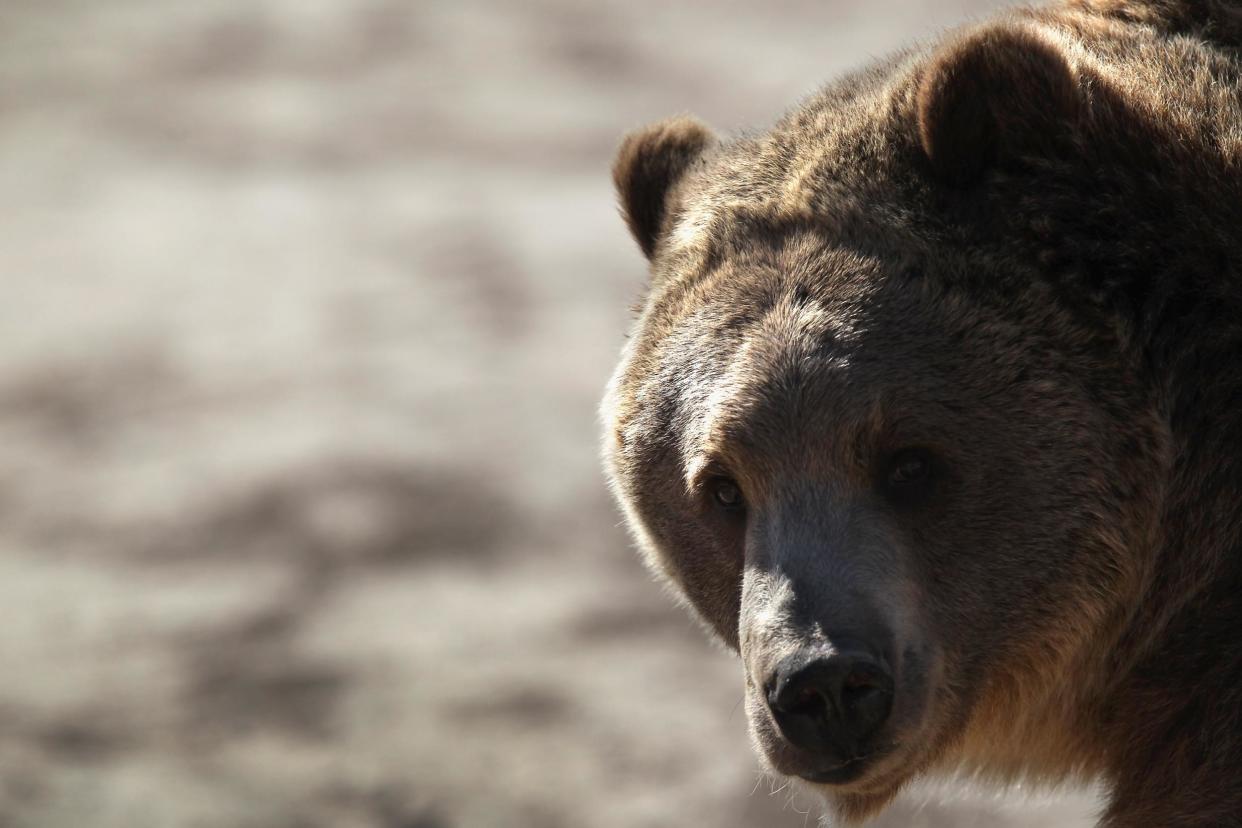Photos of starving grizzly bear family stirs concern for climate crisis

A Canadian photographer’s images of an emaciated grizzly bear family has sparked widespread concern for the effect of climate change on wildlife in the area.
Rolf Hicker shared a series of photos on Facebook of the bears looking for food on the shores of Canada’s Knight Inlet.
“Worst Salmon run here in the Broughton in history I read today. I fully believe it,” he wrote in the photos’ caption. “I have not seen a single salmon in a river so far. The bears are starving and it breaks my heart seeing this unfold."
“I believe it is important to show this side too,” Mr Hicker continued. “Here in the Broughton is no salmon left for the bears (and whales I must assume?). Advertising still shows the happy bears feasting on salmon, well, sorry to say - not here. We saw this sow with her two little ones a couple of weeks ago and then we saw her again only a few days ago. I have no idea how she would make it through the winter without salmon.”
Mr Hicker is correct about the salmon run. In August, a report released by Fisheries and Oceans Canada said that the country’s climate is warming twice as fast as the global average. The doubled time is drastically impacting salmon, which in turn impacts the bears who feed on the fish.
Marine heatwaves, increased floods, and droughts were also listed by the report as stresses on the salmon ecosystem.
Read more
Coffee could become rare luxury as farms hit by climate change
Jake Smith, a guardian watchman manager for the Mamalilikula First Nation, which monitors the bears in the area, told CNN that the bears “are in trouble”. He said he knew the background of Mr Hicker’s photos instantly.
In the widely shared Facebook post, Mr Hicker wrote that he knew his audience would rather see “beautiful nice wildlife and nature pictures” but that he felt it was “important and my duty as a photographer to show you this side too”.
“We have to protect wild BC salmon - NOW!” he wrote.
Read more
Read more Coffee could become rare luxury as farms hit by climate change


